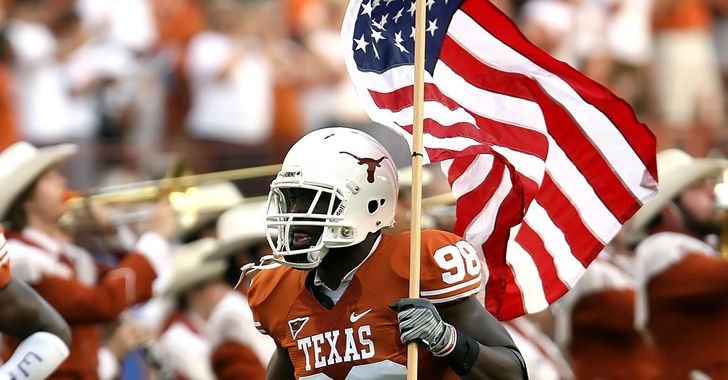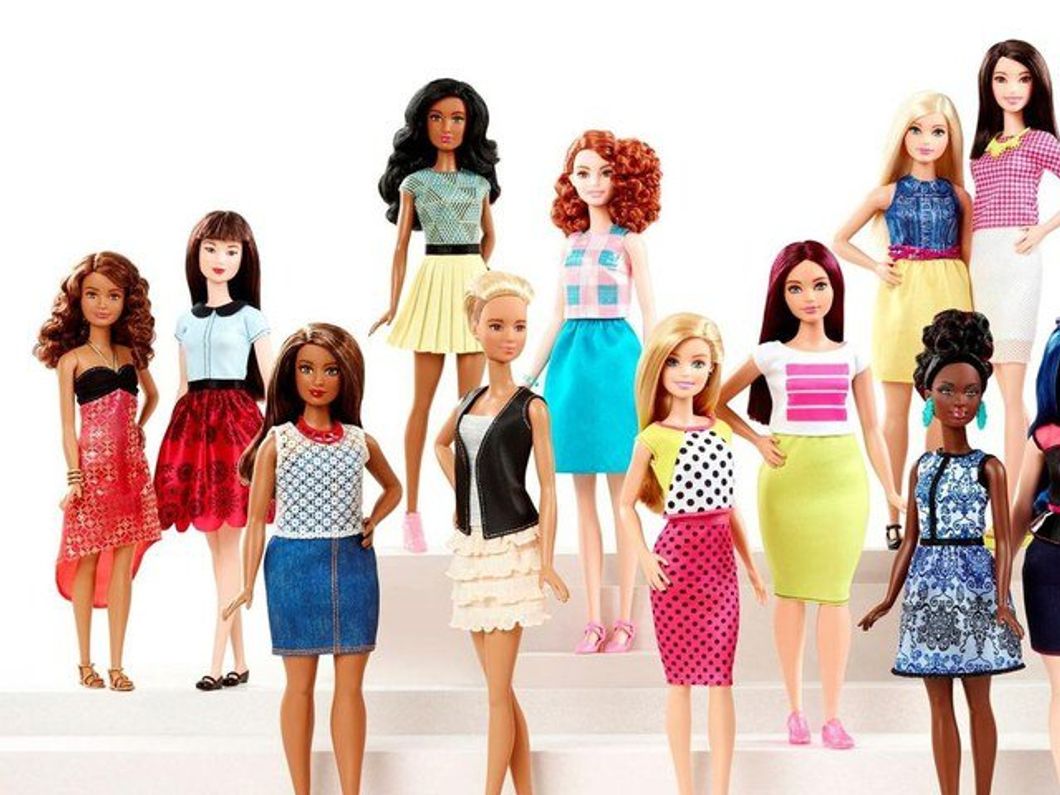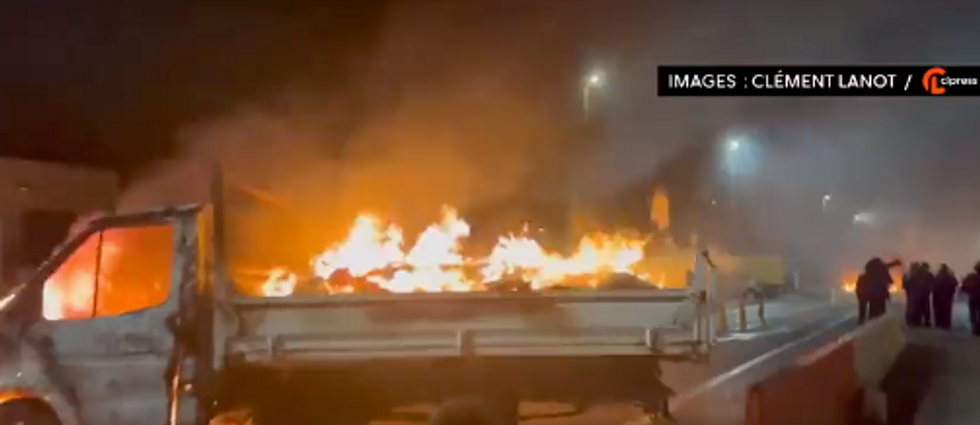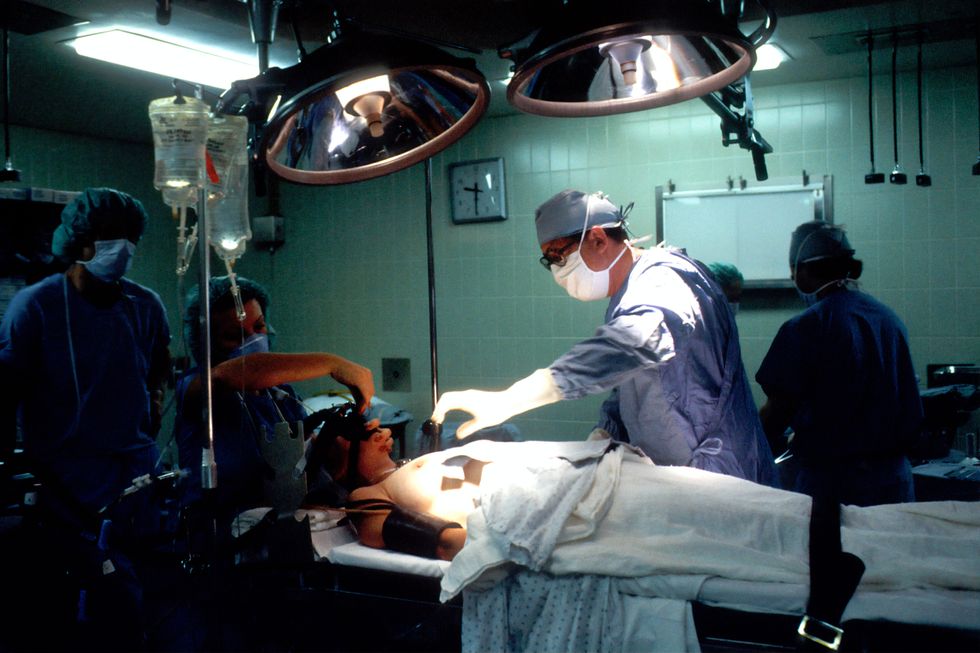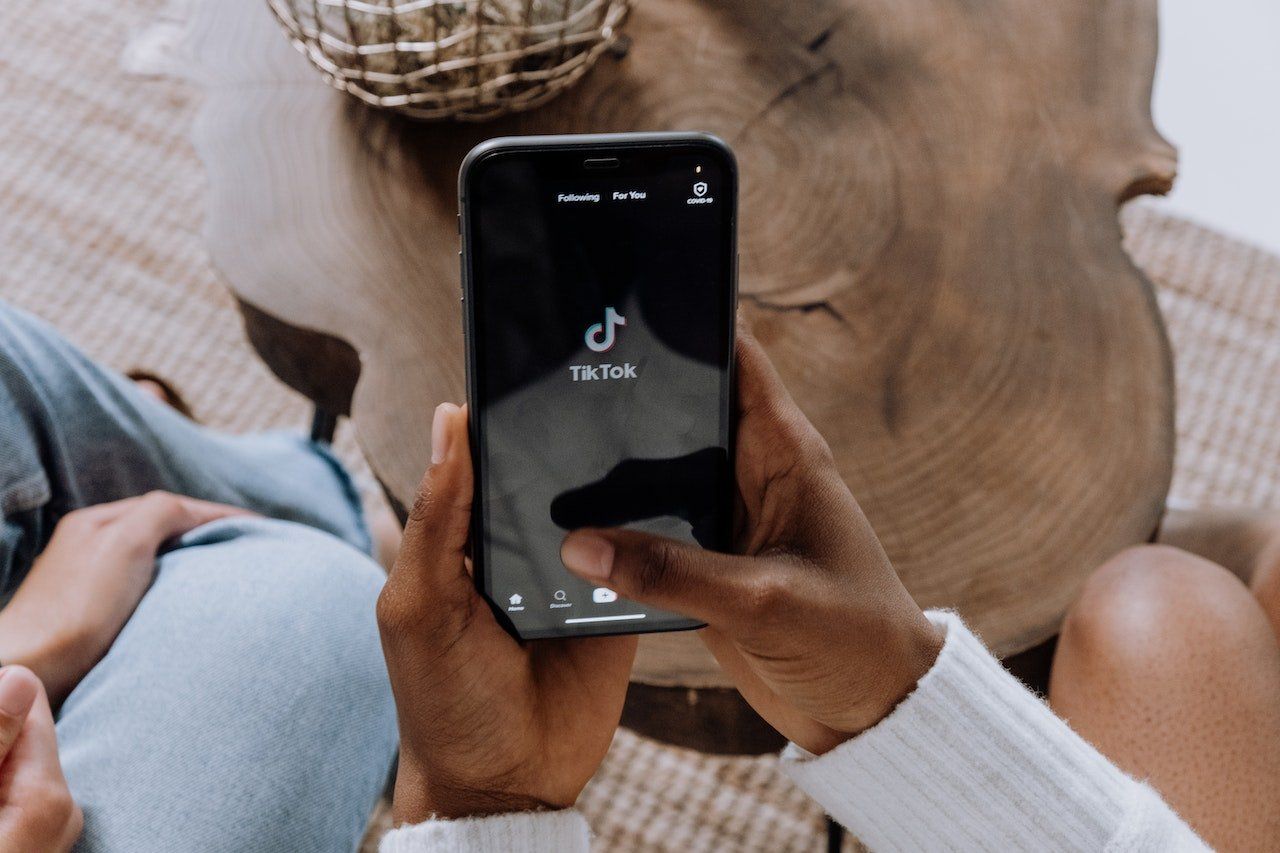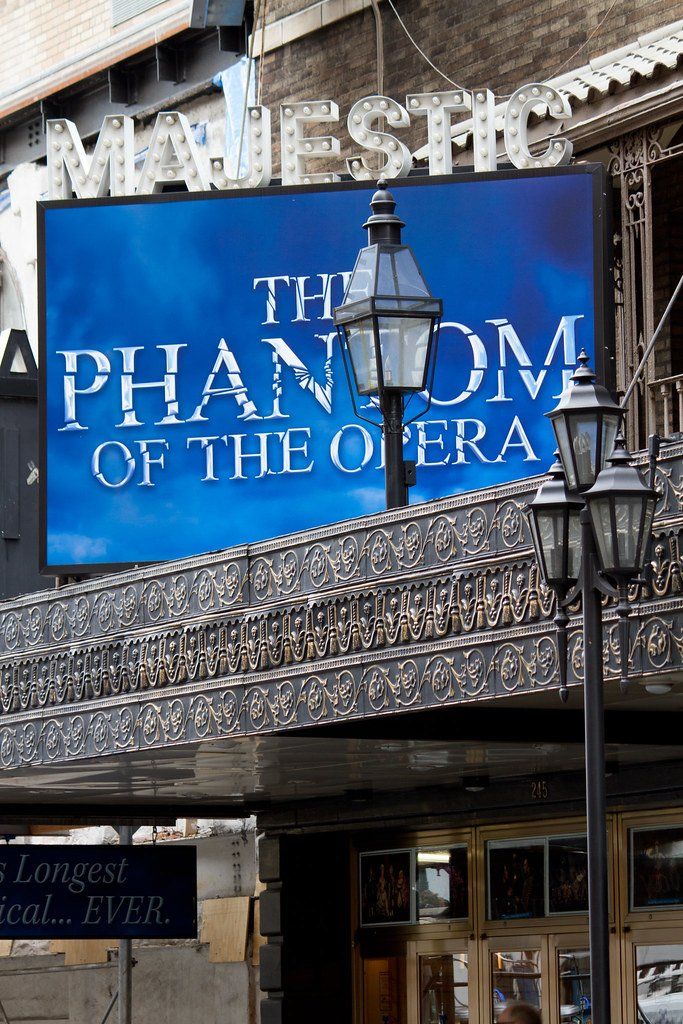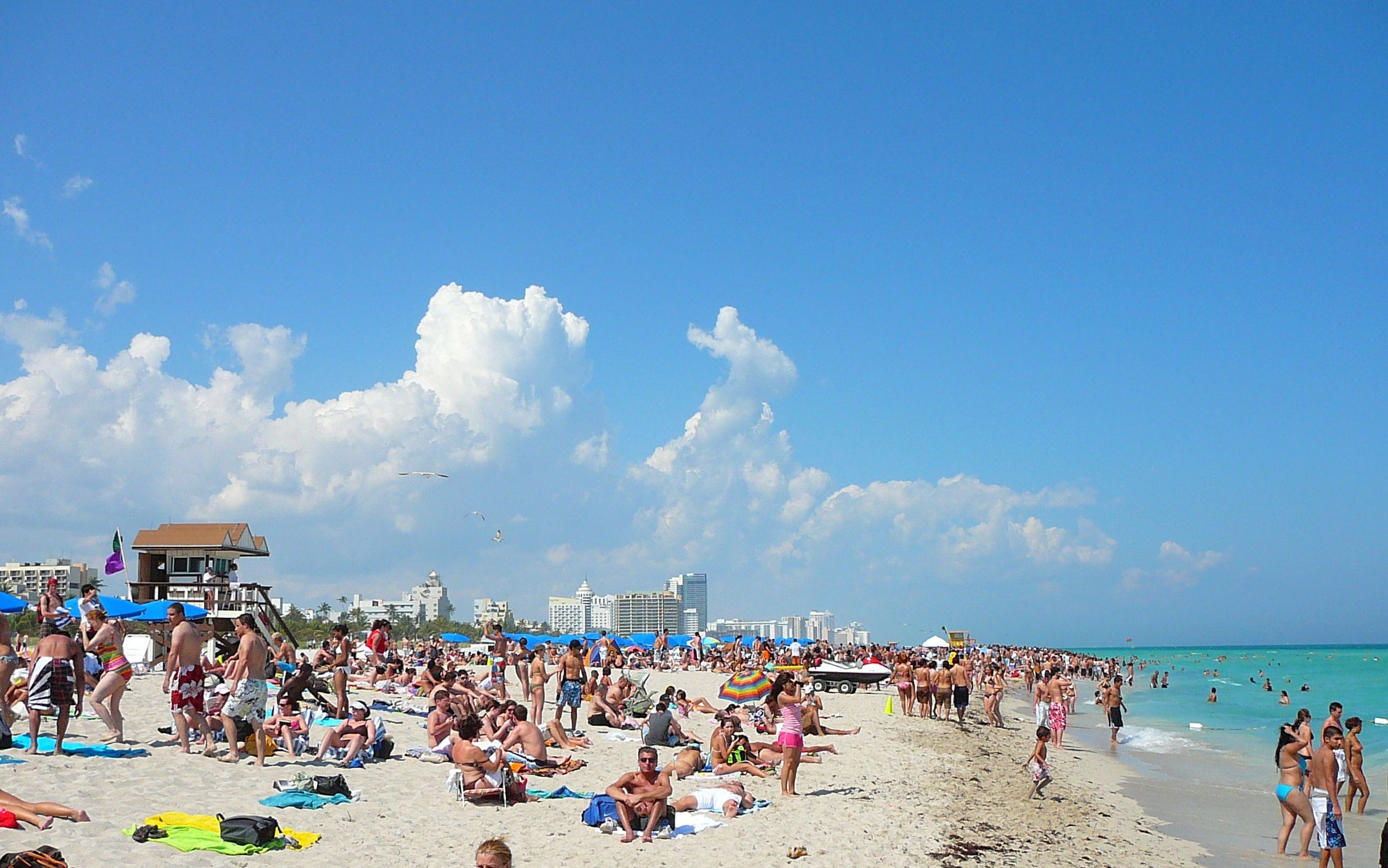I was a sophomore in high school during the height of the fight against gun violence. My generation grew up with the fear of being shot at school, and it has only gotten worse as we have grown older — "In 2018, a student's risk of dying in a school shooting reached its highest level in at least 25 years" according to the Giffords Law Center. After the shooting at Marjory Stoneman Douglas High School in Parkland, FL that occurred in February of 2018, the positive spirits of my usually very happy and excited peers became fearful, anxious, and uneasy.
As the violence got worse and our fears grew, I realized that I could not just stand by and watch as more innocent students fell victim to our country's gun violence epidemic.
Prior to organizing the walkout, I considered myself an activist, though I had never organized something so large and so impactful. I started becoming interested in social justice when I was 12 and began protesting when I was 13, though I had never thought of myself as someone who could be a leader.
When I had the opportunity to organize the walkout, though, it didn't matter much to me that it was outside of my comfort zone. I saw an opportunity to do something impactful for my community and I knew that I had to take it. For too long, I felt uncomfortable with the normalization of fear in schools. It had become the norm to turn on the TV or log onto Twitter and see that yet another mass shooting had taken place.
In my speech at the walkout, I stated, "Although this is today's norm and children are used to experiencing this, it seems that the adults who claim to be in charge of protecting us and protecting this country are doing nothing. Children are leaving their homes in the morning and going to a place from which they may not return. Students fear going to school every day because there is a chance they may have their lives taken by a weapon that should not be in the possession of students, or any citizens really."
After the Sandy Hook shooting in December of 2012, my school didn't go on lockdown, we didn't talk about what we would do in that situation, we just watched our teachers cry, confused and scared that that might happen to us. We asked questions about what was going on but were told that it's too sensitive of a subject for fourth graders to learn about, so we moved on. To this day, that still bothers me. Would it still be too sensitive of a situation if a shooter had come into Field Elementary instead of Sandy Hook? Would it still be too sensitive of a situation if those 20 students and six staff were at our school?
Gun violence isn't a political issue, it's a safety issue.
When I began to organize the walkout, I had no idea of the impact that it would have on me and the rest of my life. I began to have opportunities I'd never dreamed of, like organizing other protests and events, getting involved with activist organizations around my hometown, and eventually being invited to be an intern for Sen. Claire McCaskill's grassroots campaign, all of which have furthered my love and passion for activism and social justice.
I've also realized the importance of speaking up and stepping out. I'm now much more outgoing and outspoken, and when I'm passionate about something, I take action on it, rather than sitting back and hoping somebody else handles it. I encourage my friends and peers to not go silent when human rights are at stake and to use their voices to speak up for those who need it.
I refuse to go silent, and I refuse to let those around me go silent. We must keep speaking up and standing out in the face of adversity.



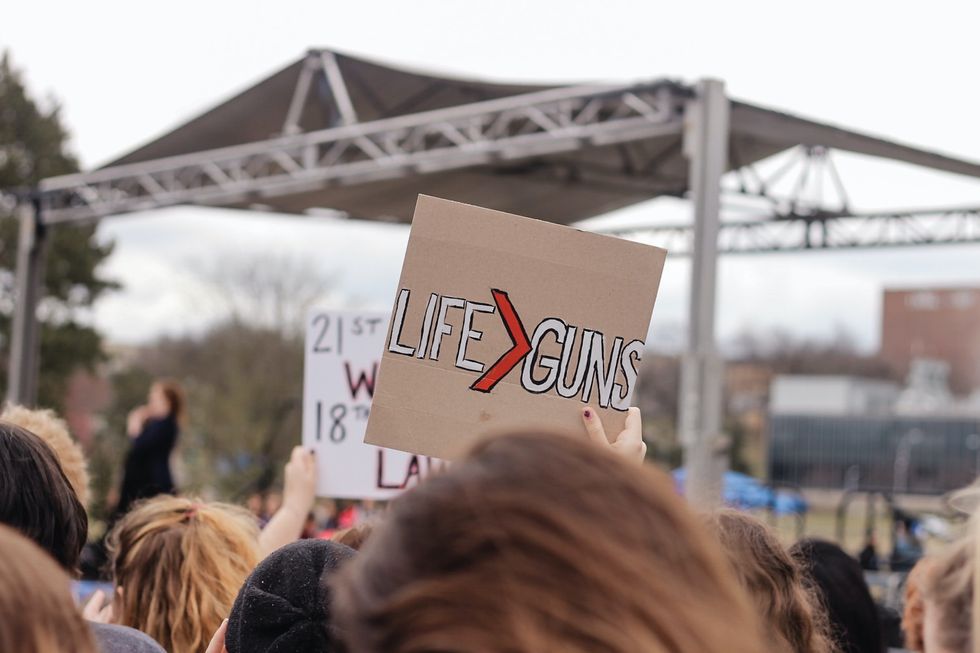
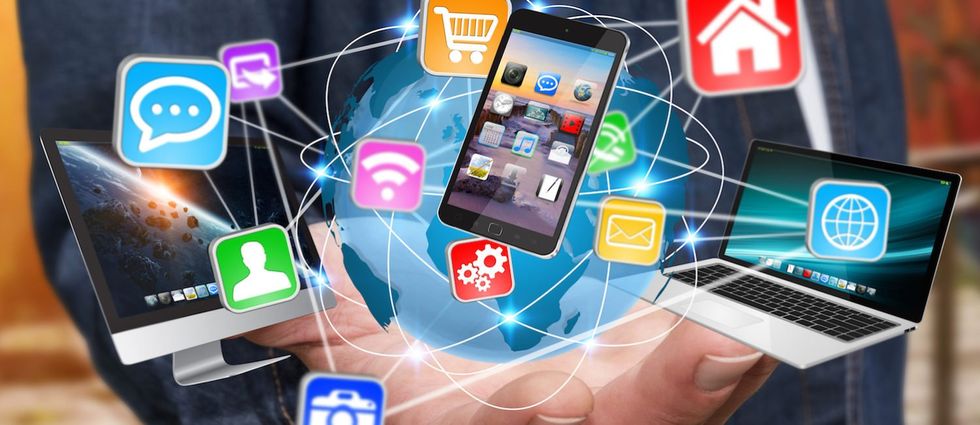
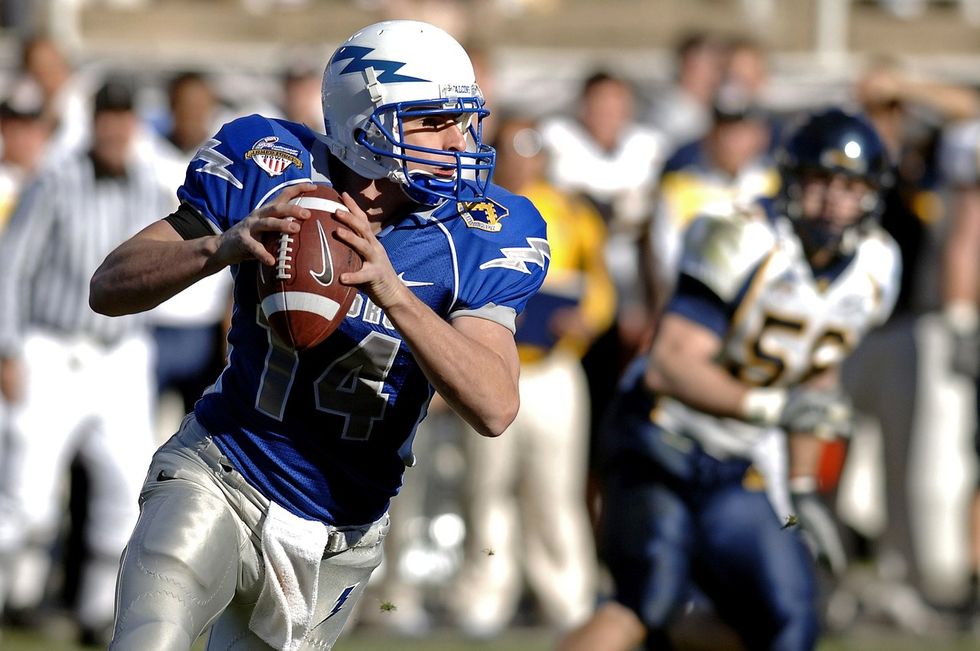
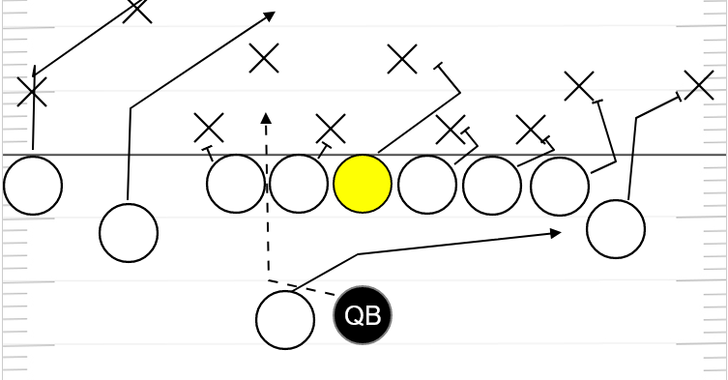
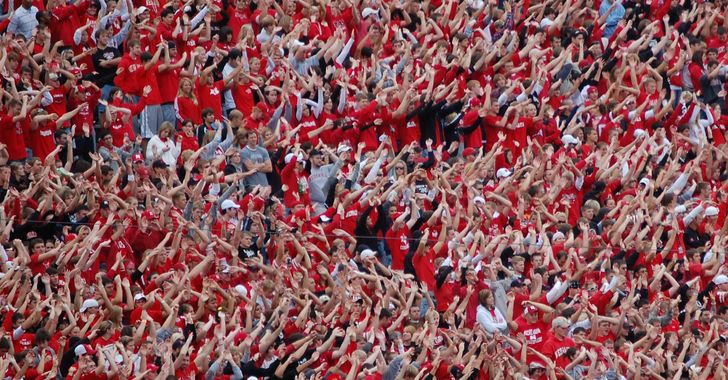
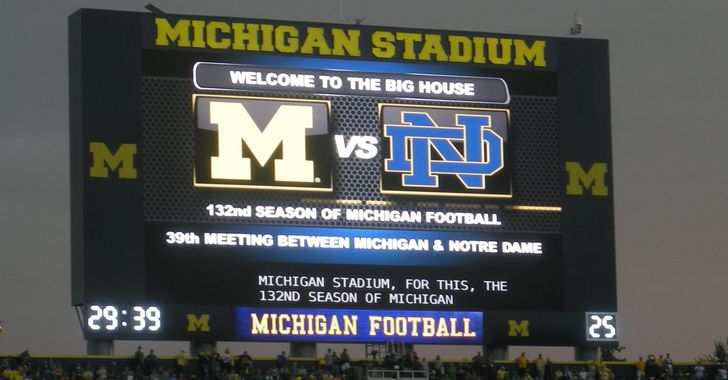
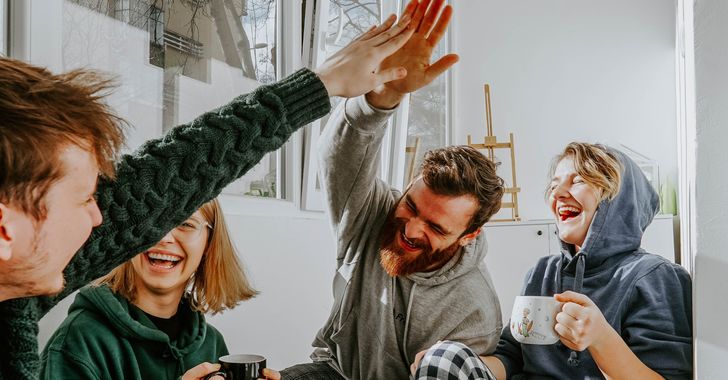 Photo by
Photo by 